Science Shop
Advertisement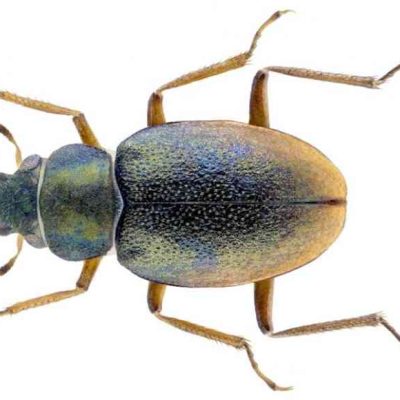
Beetle walks upside down underwater.
- By Rolf Lewis
- . May 6, 2021
A small beetle has been discovered by researchers at the University of Newcastle in Australia that can run on the underside of water. While many
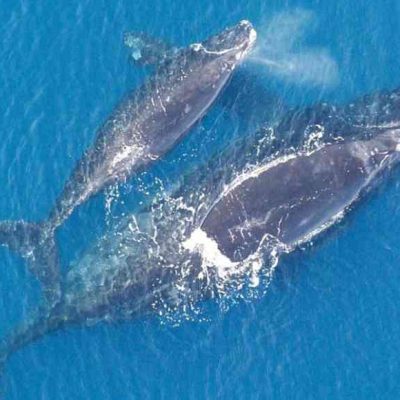
AI to save rare whale species
- By Geert Devenster
- . May 5, 2021
The Atlantic North Right Whale, one of the world’s most endangered species, is facing extinction. However, a new technology has been developed to help preserve

28,000-Year Power from Diamond Nuclear Battery
- By Geert Devenster
- . May 3, 2021
A new battery technology that generates electricity from nuclear waste using nanodiamonds has been developed. The betavoltaic battery is expected to provide energy for up
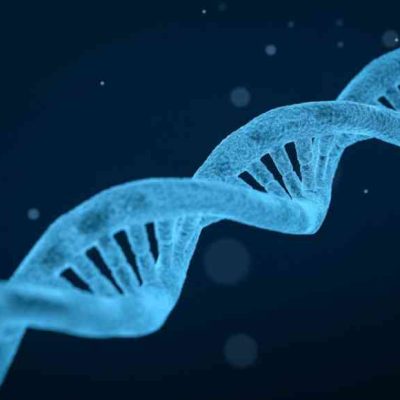
Disease Risk Forecast with Gen-Analysis
- By Geert Devenster
- . May 2, 2021
A statistical model has been developed that can accurately predict the risk and age of onset for diseases such as high blood pressure based on

New drug halves cholesterol yearly
- By Geert Devenster
- . May 1, 2021
A new medication has been developed that can halve “bad cholesterol” with just two injections per year. LDL cholesterol, also known as “bad cholesterol,” is
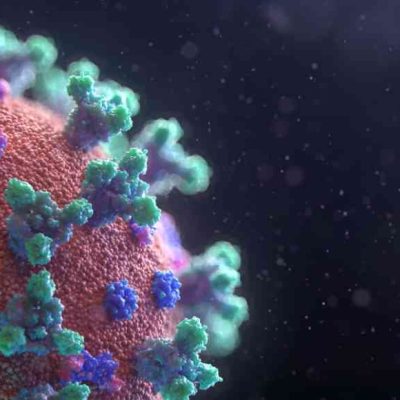
Gum disease increases COVID-19 risk.
- By Geert Devenster
- . May 1, 2021
A new study has found that individuals with chronic gum disease, also known as periodontitis, are at a higher risk of developing severe COVID-19 symptoms.

Germany meets climate goals due to pandemic
- By Geert Devenster
- . April 30, 2021
The Covid-19 pandemic has had a significant impact on CO2 emissions, resulting in a decrease in Germany’s emissions. However, according to a study by Agora

Human-Ape Chimera Embryo Created in China
- By Rolf Lewis
- . April 26, 2021
Chinese scientists have successfully created a hybrid of human stem cells and monkey embryos, sparking ethical concerns among experts. Chimeras, or hybrids, possess the genetic
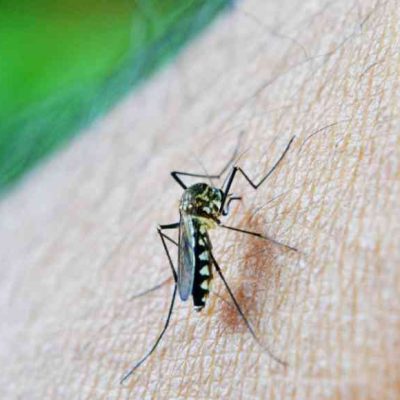
Highly Effective Malaria Vaccine Developed
- By Geert Devenster
- . April 25, 2021
A groundbreaking clinical trial has successfully tested a highly effective malaria vaccine for the first time. Malaria is one of the leading causes of child
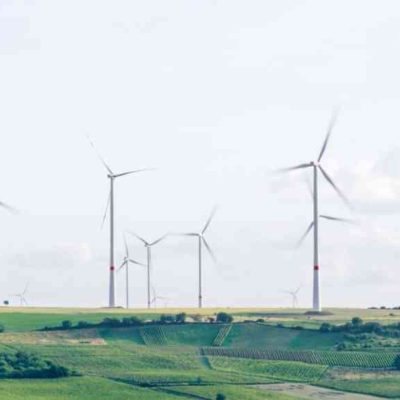
Cheaper Wind Energy in Future
- By Geert Devenster
- . April 21, 2021
The cost of wind energy is set to significantly decrease in the coming years, with experts predicting a possible halving by 2050. According to a









